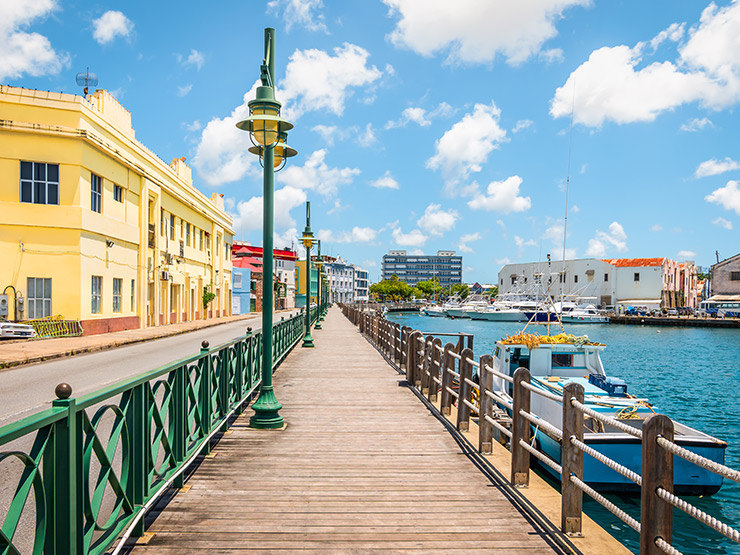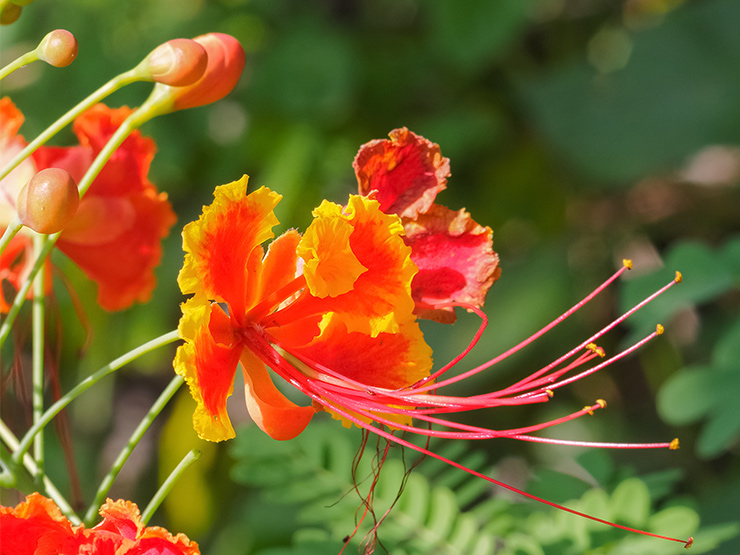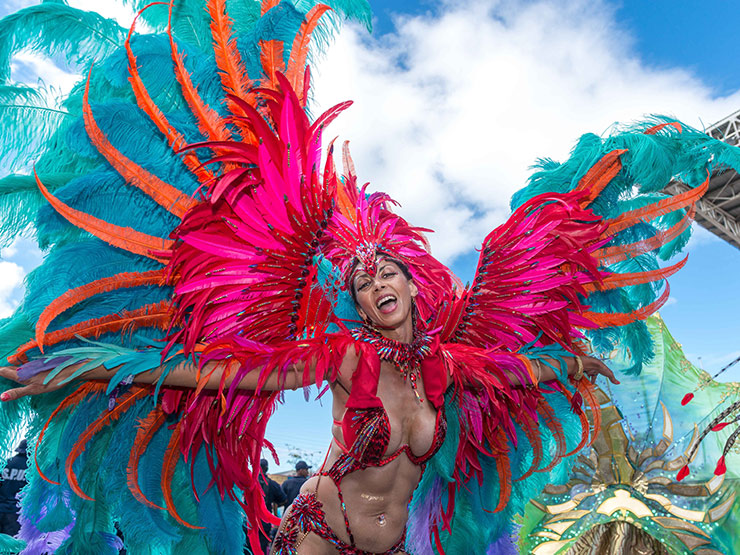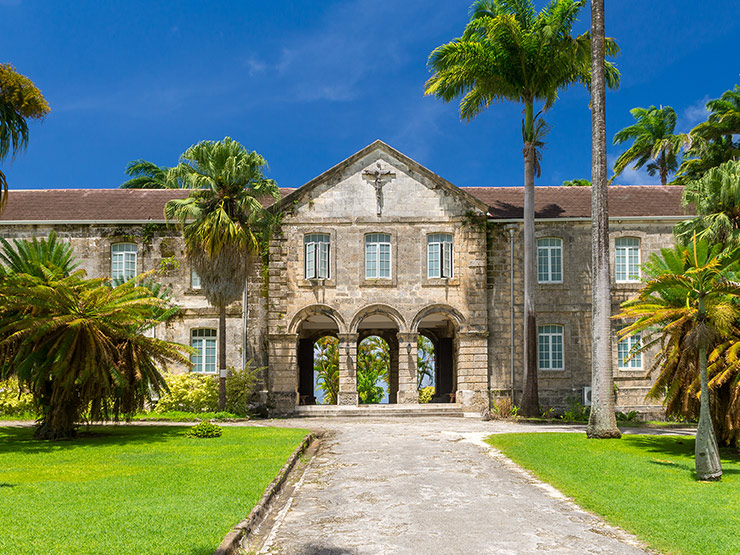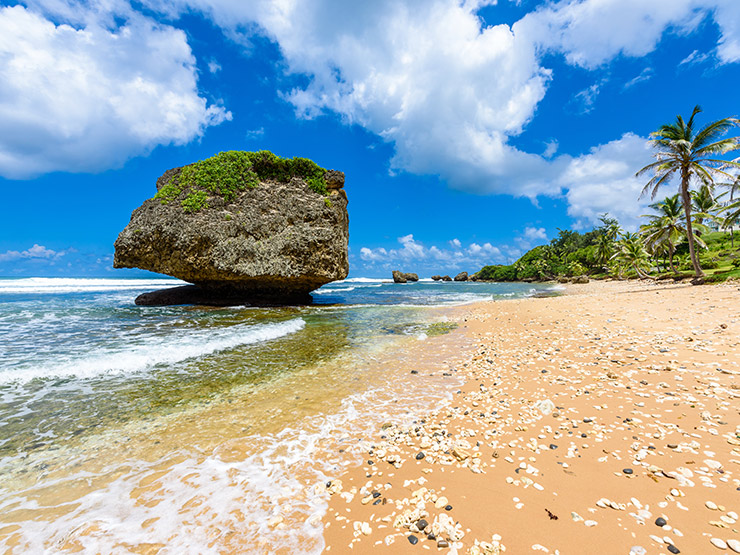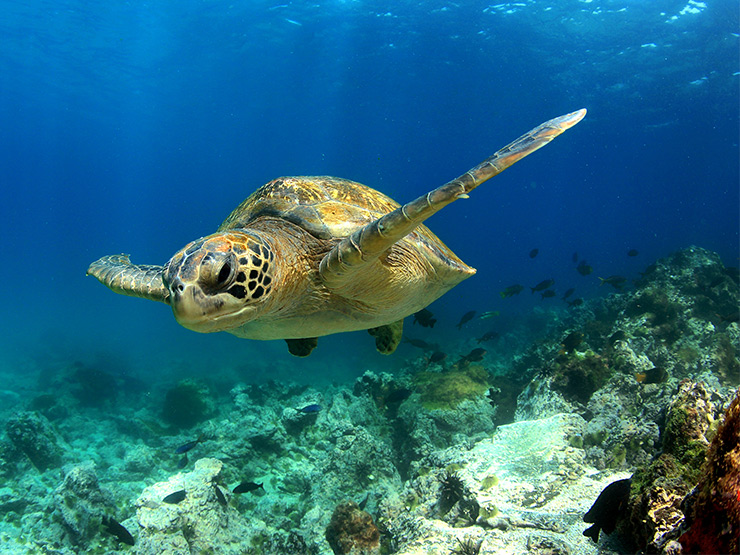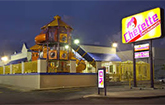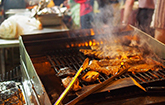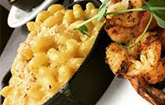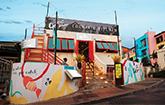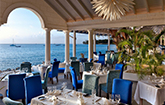|
Carlisle BayCarlisle Bay is a natural crescent shaped harbour encompassing Bridgetown, Barbados' capital and several beaches, situated on the South West Coast of Barbados, in the parish of St. Michael, with Bridgetown and Bridgetown Harbour, Brandons Beach and Brighton Beach to the north, and Pebbles Beach and Needham's Point to the south. Carlisle Bay's name derives from James Hay (the 1st Earl of Carlisle) who, as the second Lord Proprietor of Barbados, claimed Barbados in 1627 on behalf of King Charles I of England. Carlisle Bay is an appealing, tranquil bay, with one of the largest beaches on the island and sparkling calm, shallow waters. Home to the ‘Boatyard’, many cruise ship passengers can spend the entire day here. Old or young, there is something for all ages at Carlisle Bay - exercising, jogging, swimming, snorkelling, body or 'boogie' boarding, eating, drinking, or simply relaxing in a beach chair watching the yachts and other small vessels anchored in the bay as they gently roll from side to side on the sea. With car parking facilities, good access for visitors with mobility difficulties, toilets, showers and changing rooms, and a lifeguard on duty, you will not want to leave Carlisle Bay in Barbados. Carlisle Bay in Barbados has also been developed into a very popular and oft frequented underwater marine park. It is especially well known in Barbados for its scuba diving opportunities, with no less than six shipwrecks in close proximity: Berwind, a 70ft long First World War French tug boat sunk by her own crew in 1919; Ce-trek, a derelict cement boat that was sunk in 1986; Eillon, a 110ft former drug boat freighter that was sunk in 1996 as part of the marine park; Bajan Queen, Barbados' first tug boat when Bridgetown harbour was built in the 1960s, was sunk in 2002; Cornwallis, a Canadian freighter sunk by German u-boat torpedo during the Second World War; and a naval landing barge originally found in Carlisle Bay in Barbados. Beginner to expert divers will not be disappointed in their search for hidden underwater treasures if they visit Carlisle Bay in Barbados. The sunken vessels are the source of various relics and ship paraphernalia, and anchors, pylons, bottles, cannons and cannon balls mark out a trail from one ship to another. The wrecks also provide habitats for a proliferation of sea life, including sea horses, rays, barracudas, octopus, reef squid, mackerel, moray eel and frog fish, as well as the more unusual mantis shrimps, lettuce slugs, and pencil stars.
|
Your Ultimate Guide To Barbados
There are so many things to do and see here in Barbados!
View all of our best tours and start your adventure today!
Barbados Pocket Guide
Welcome to the Barbados Pocket Guide, a comprehensive source of information about our island, it's people, culture and life in general. We also have tons of information on places to stay, flights, car hire and tours of the island, all here! Enjoy visiting our site and please feel free to write a comment or send us a message directly with articles you think we need to add.
Things To Do!
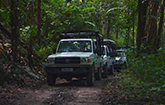
Island Safari
Island Safari offers a unique jeep safari experience on our zebra striped, specially designed 4x4 jeeps. Climb on board our comfortable cabs and let us show you what the others leave out, specifically the most scenic locations of the island by travelling on and off the beaten track.
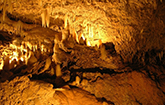
Harrison's Cave
Explore Barbados' underground! At the heart of the island lies a great geological wonder, the magnificent Harrison's Cave. Admire the crystallized, limestone cave, its flowing streams, deep pools and towering columns as you travel by tram or get up close and personal with the Eco-Adventure Tour.

Catamaran Cruise
Lay back, relax and sunbathe as you sail across the calm Caribbean Sea. Explore the crystal clear waters as you swim and snorkel with the tropical fish and majestic turtles. Then, enjoy a scrumptious lunch as you admire the beautiful rolling coastline and sparkling water.
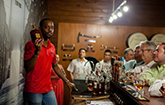
Mount Gay Visitor Centre
Make a stop at the world renowned Mount Gay Rum Distillery and discover the secrets behind Barbados’ finest and most celebrated spirit, in the island where rum was invented! Witness the history of Mount Gay as you journey with them through their rich heritage, proven artisanship and unique taste.
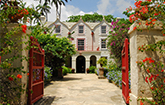
SunTours Special
Grab the SunTours Special with SunTours Barbados and see all the most popular spots in Barbados! Immerse yourself in the interesting history of this island, view the most picturesque scenes and enjoy a delicious Bajan style lunch at a well favoured local spot.
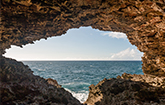
Animal Flower Cave
The colourful walls and the fascinating sea anemones at the Animal Flower Cave draw a crowd, but the amazing pools, some of which are deep enough to swim in, are the real attraction. While here, take a stroll over to the cliffs to feel the refreshing sea breeze and take in the stunning seascape.

